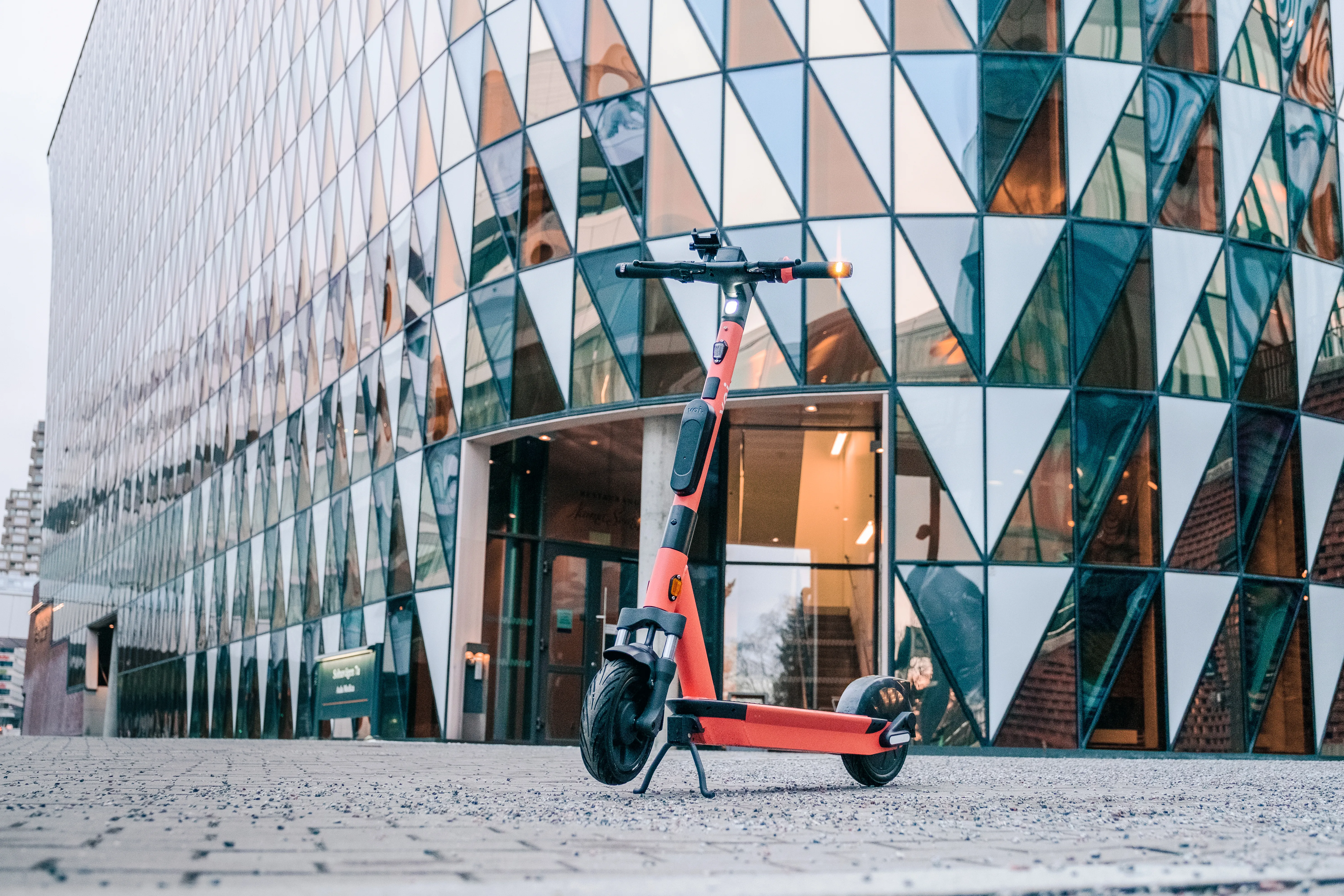The results of early proof of concept tests (EPOC) carried out by the Authentication and Accurate Location Experimentation with the Commercial Service (AALECS) show that the EPOC team has successfully tracked the encrypted Galileo E6-B and E6-C signals broadcast by Galileo satellites. As a result, the commercial service loop has been closed using both encrypted and non-encrypted signals.
The tests are the result of a collective effort involving teams and projects of AALECS, supported by the
During a ten-day testing period, receivers located in Spain and Germany, showed the successful tracking and data demodulation of encrypted signals from the available Galileo satellites, with periods where all satellites transmitting E6 encrypted signals were tracked simultaneously. The tests verified the Galileo commercial service (CS) signal’s encryption functionalities, with the data received containing authentication and high accuracy information previously generated outside the Galileo system. This is an essential feature to ensuring Galileo’s high accuracy and authentication services – some of which may be commercial in nature.
The Galileo commercial service will deliver a range of added-value features, including positioning accurate to decimetre level and an authentication element, both of which allow for the development of innovative applications for professional or commercial use. The Galileo CS demonstrator began its proof of concept earlier this year, with early service expected to start in 2016.
Once operational, the CS will provide access to two additional encrypted signals on the E6 band, delivering a higher data throughput rate and increased accuracy. CS addresses the authentication and high-precision market segments and will deliver innovative services with improved performance and greater added value than those obtained through the open service.
Galileo commercial service on track
The results of early proof of concept tests (EPOC) carried out by the Authentication and Accurate Location Experimentation with the Commercial Service (AALECS) show that the EPOC team has successfully tracked the encrypted Galileo E6-B and E6-C signals broadcast by Galileo satellites. As a result, the commercial service loop has been closed using both encrypted and non-encrypted signals.
The tests are the result of a collective effort involving teams and projects of AALECS, supported by the European Comm
August 1, 2014
Read time: 2 mins










